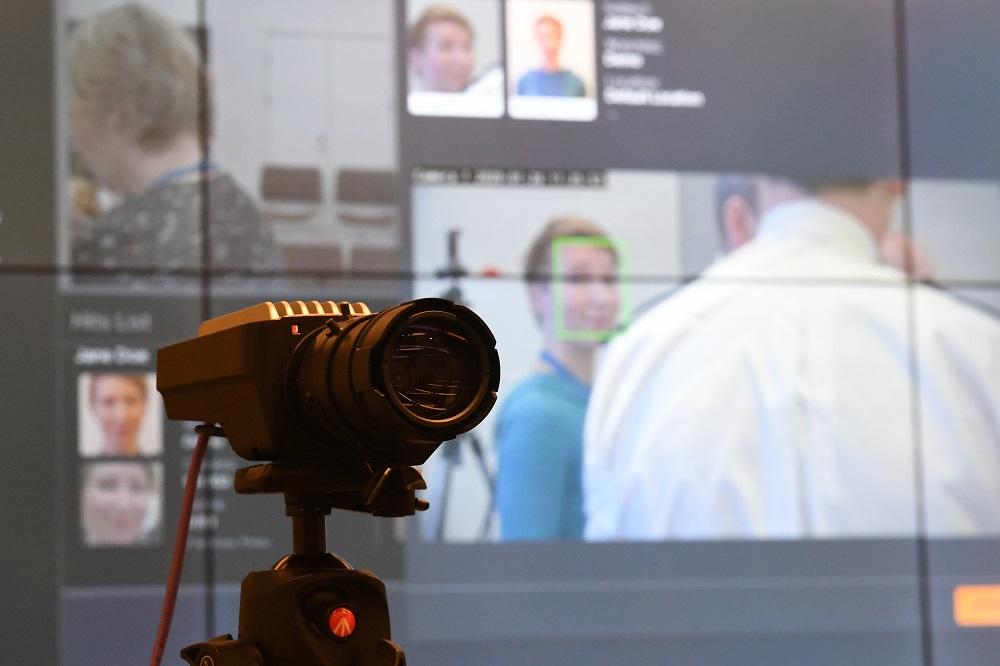Welsh police officers first in UK to use new facial recognition mobile app

More than 500 police officers in South Wales and Gwent are now trained to use a mobile phone app which allows them to confirm the identity of an unknown person with the touch of a button.
They are the first in the UK to use technology to identify individuals in near real time through a facial recognition app.
And within the first few months of its use, officers have been able to confirm the identity of someone who is missing, risk of serious harm, wanted, or suspected of an offence, in circumstances when they’re unable to provide details, refuse to give details or provide false details.
Care and compassion
The app can also be used on someone who has passed away or are unconscious – helping officers to identify them promptly so their family can be reached with care and compassion.
Known as Operator Initiated Facial Recognition (OIFR), it has already been used to identify suspects who gave false details or refused to say who there were.
In Gwent there have been six completed uses, resulting in three matches.
Two were for concerns for safety and one resulting in arrest of a man who gave false details to officers and was correctly identified using the app.
The police system confirmed that he was wanted for shoplifting, assault and a motoring offence; he was subsequently charged and convicted.
In South Wales, 50 searches have been conducted which resulted in 10 arrests, two individuals reported for summons, two identified for non-criminal matters and six no further action.
European Arrest Warrant
Another notable use in South Wales resulted in a man being identified using the app in Cardiff who was wanted on a European Arrest Warrant for drug dealing and assaulting a police officer with a deadly weapon in Poland dating back to 2012.
The 38-year-old man was remanded in custody to Westminster Magistrates Court.
Inspector Ben Gwyer, who leads on facial recognition for South Wales and Gwent forces, said: “These examples have allowed officers to quickly identify individuals who have refused to give details or given false details before taking appropriate action depending on the circumstances.
“These have included individuals who were found in suspicious circumstances and identified through the use of the app having given false details.”
In cases where someone is wanted by police for a criminal offence, it secures their quick arrest and detention.
Cases of mistaken identity are easily resolved and without the necessity to visit a police station or custody suite.
Photographs taken using the app are never retained and officers receive specific guidance in relation to using the app in private places such as houses, schools, medical facilities and places of worship in order to balance the needs of policing against the right to privacy of the individual.
Inspector Gwyer added: “Police officers have always been able to spot someone who they think is missing or wanted and stop them in the street.
“This technology doesn’t replace traditional means of identifying people and officers only use it in instances where it is both necessary and proportionate to do so, with the aim of keeping that particular individual, or the wider public, safe.”
Support our Nation today
For the price of a cup of coffee a month you can help us create an independent, not-for-profit, national news service for the people of Wales, by the people of Wales.






This sounds like a great tool to help in the fight against crime. If only, the cops were not having to waste their time catching protesters calling for the genocide in Ghazza to end, they might actually be use this app constructively.
This type of tech is perfect for picking out repeat protestors who are breaking the law, saving police time
Welcome to 1984.